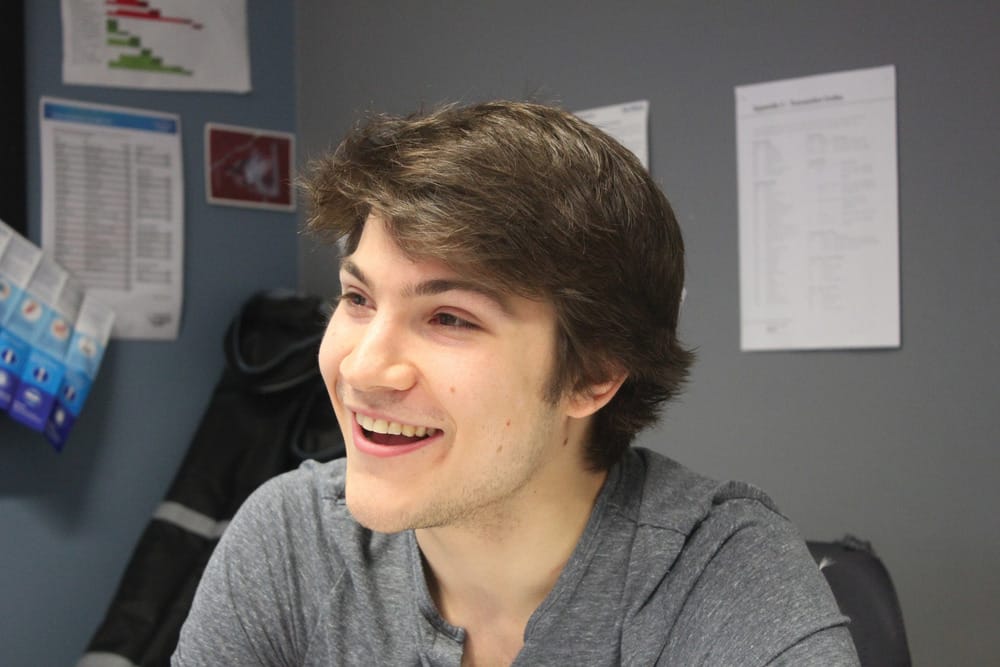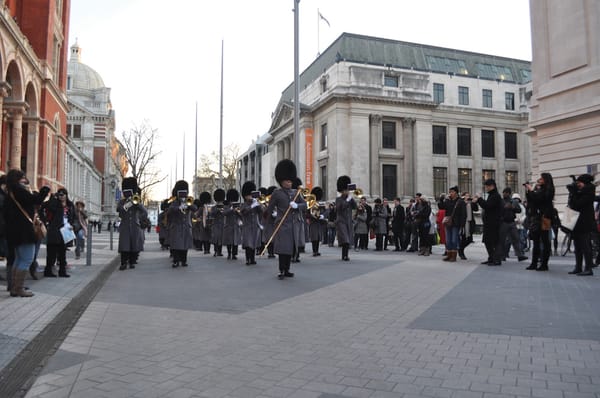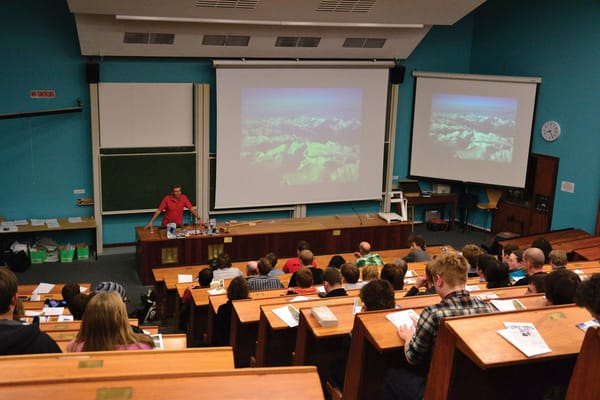Sabbatical Interviews 2012: Deputy President (Welfare) – Nicolas Massie
This year's DPW discusses elation and frustration

What have you enjoyed most? That’s hard to say – it’s been brilliant, it’s been exciting, but most of all I’ve enjoyed seeing actual change for students. Imperial has never had any support for students who aren’t in halls and with a bit of effort I’ve managed to secure funding for them directly from college because they saw that that was something that needed doing. I guess it’s just the general thing of asking for something to happen and if it’s reasonable it usually happens. For example, in the cafeteria, there was no gluten-free signposting. A group of students said they wanted it so I took the issue to catering and it happened. In addition, there wasn’t enough storage capacity for cycle storage in Beit Quad; students said that they wanted more and now it’s more than doubled. It was also really satisfying working on the student experience survey because we got a 50% response rate. College is working on that and once that’s fully unpicked a lot of interesting things will come out of it.
What have you enjoyed least? Frustration: trying to get staff and students to do things when they’re just too busy. Very rarely is it lack of will – it’s almost always that it just gets left by the wayside. There’s also the frustration of not having enough time to get everything you want to do done this year. However this is going to change as I’ve created training for welfare officers, so they’ll be better equipped to do their jobs so, in turn, students are better equipped to achieve their goals in terms of campaigns. It’s also incredibly frustrating occasionally not being kept in the loop with big decisions. Sometimes you come up against a wall and are unable to change things that seem easy but for bureaucratic or logistical and legal reasons that can’t be done. It is also hard to let people know what you’re doing and to maintain dialogue – it’s not easy.
How far have you delivered on your manifesto points? I had seven objectives. I would say the introduction of a GUM clinic at the Health Centre isn’t possible, however I’ve been in contact with charities to see if they’ll provide screenings on campus, which is looking hopeful. As for the rest of them, I’ve done them. Revamping volunteering is really exciting; we’ve engaged a staff volunteer who is going to create a brokerage service to help students achieve their goals. For campaign weeks we have a new system – any student can campaign on anything they want. They just have to fill in an application form; they don’t have to be a special officer to do that. Apart from that I’ve come up with a billion new objectives. We’re soon going to have poster boards around college with welfare information on them in the toilets. We ran the welfare survey. We’re having Imperial’s first ever blood drive – that’s coming up in the next few weeks, and we are about to regain our fair-trade status which we lost two or three years ago.
I’ve also been inspired meeting senior people who have similar values
Is there such a thing as an average day? There is no average day! For example, yesterday I was on the interview panel for a new disabilities tutor from 10am to 5:30pm, after which i had to catch up with 80 new emails in my inbox. The day before that i had 5 hours of meetings and emails in-between! However, in an average week I have two or three big college committee meetings, five or six meetings with senior college staff about issues such as security, accommodation, counselling, and the Health Centre. Then I have several meetings with students, the welfare officers and sometimes students come to me with campaigns they want to run or other personal issues.
What have you gained from being DPW? I would say an appreciation of the importance of prioritising big projects. If you spend all your time answering emails or going to meetings then you don’t actually get anything done. I’ve also learnt how much the Union does and how much you can get done in this position. I’ve also been inspired meeting senior people who have similar values and care about similar things.
What advice would you give to those considering running for DPW? You really need to think carefully about what needs to change. You should find out what issues there are, learn about quality legislation, about how many different areas the DPW looks after, and how completely different your year could be depending on where you decide to prioritise. You also need to realise how important it is to decide and to have good officers so that they can focus on certain areas while you look after others.









